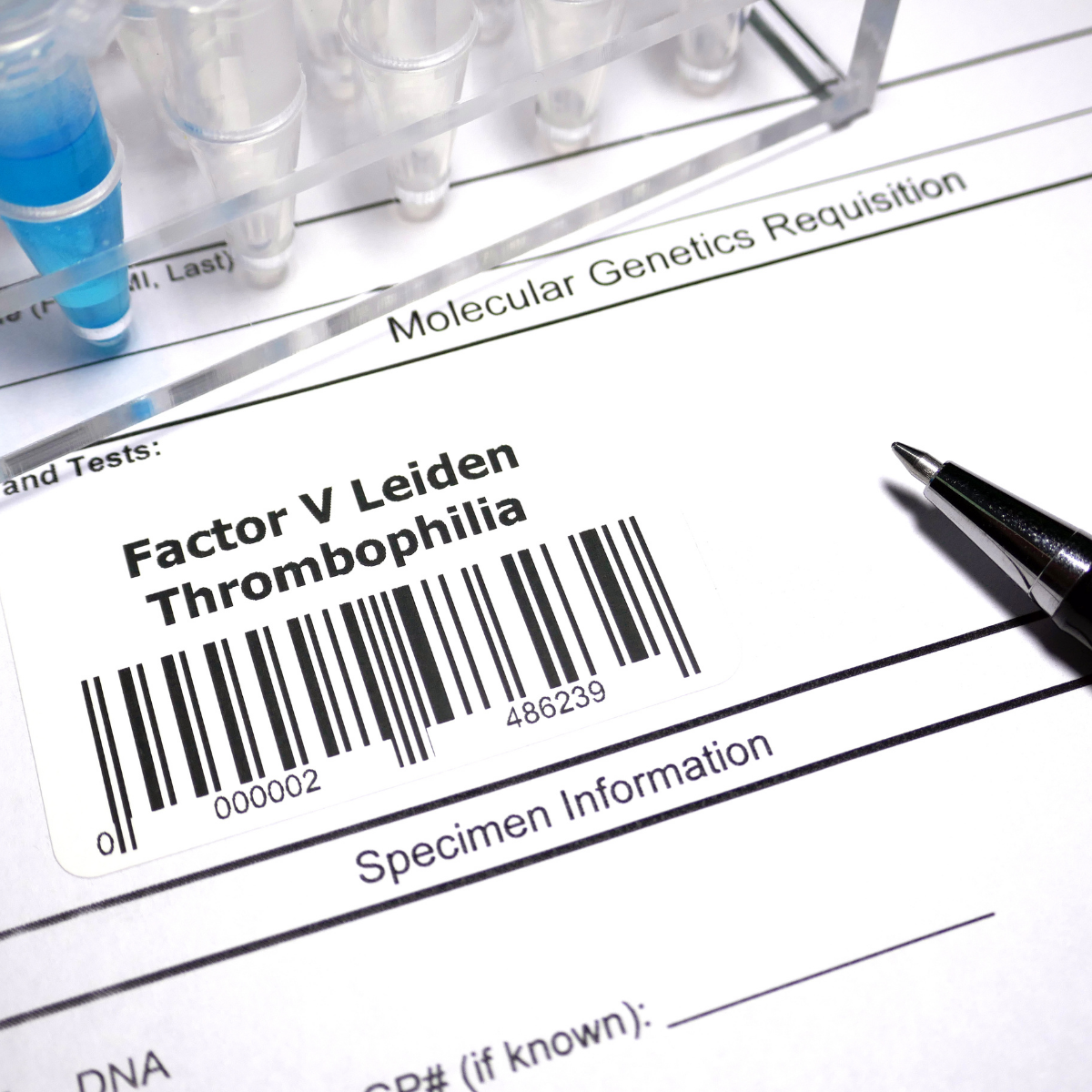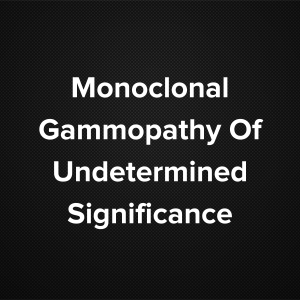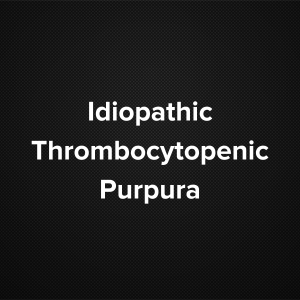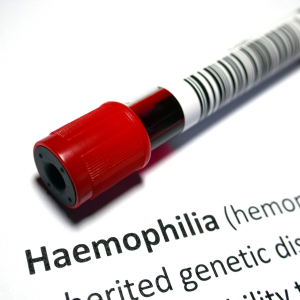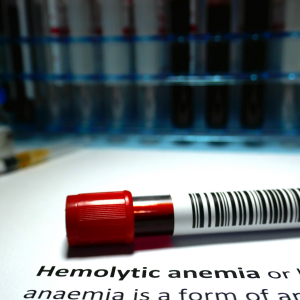Causes and risk factors:
Normally when any injury occurs the clotting factors come into role for clotting the blood clots to prevent the flow of excess amount of blood. In factor V thrombophilia, this factor which is responsible for clotting undergoes mutation as a result there occurs unnecessary formation of blood clots. These blood clots further cause blockage of blood vessels. It is also an inherited disorder.
Clinical presentations:
In most of the cases the patient remains a symptomatic. Abnormal clotting of blood leads to thrombosis. It increases the risk of developing deep vein thrombosis. Mostly the lower extremities are more commonly affected. The blood clots can break off and travel to the blood vessels of different areas. Other organs which can more commonly affect are the lungs, brain, liver and kidneys. Factor V Leiden also increases the chances of miscarriages and can lead to various complications. The person can come up with variety of symptoms depending upon the area affected.
Diagnosis and investigations:
Diagnosis is done on the basis of the symptoms narrated by the patient and the examination carried out by the doctor. Routine blood test and bleeding and clotting test are diagnostic. Genetic testing can also be done. Depending upon the presenting symptoms certain other sets of investigations can also be advised.
Treatment:
Asymptomatic patient usually do not need any treatment however periodic checkup and follow ups for monitoring is necessary. Blood thinning are the first line of treatment.
Other modes of treatment:
The other modes of treatment can also be effective. Homoeopathy is a science which deals with individualization and considers a person in a holistic way. This science can be helpful in combating the symptoms.
